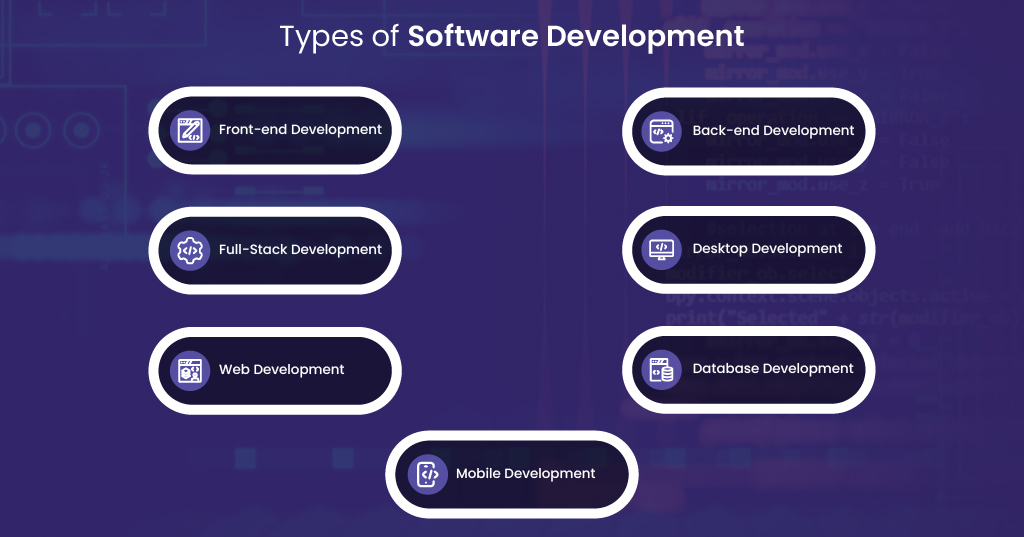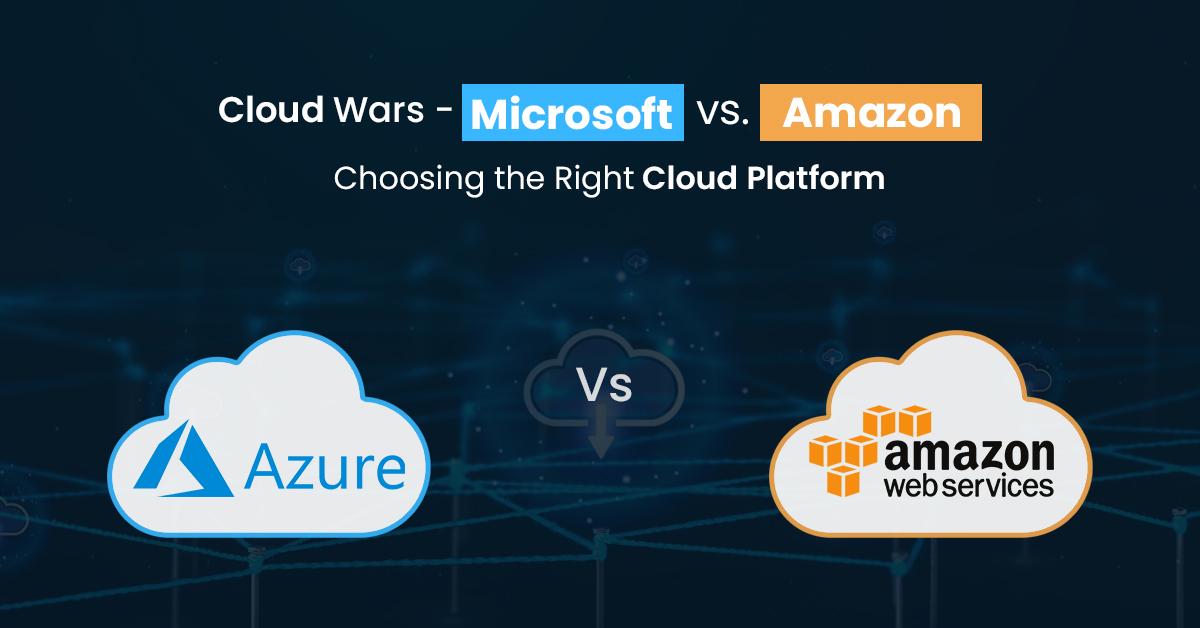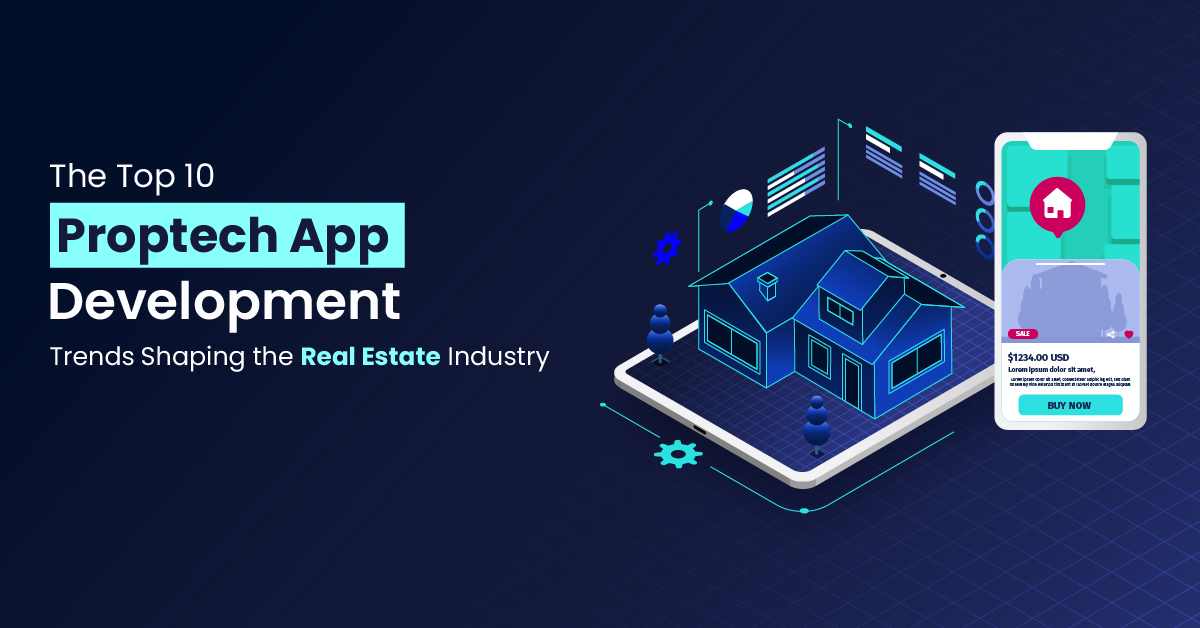Types of Software Development Explained
Unlock the secrets of software development with this comprehensive guide to its different types. Delve into front-end, back-end, mobile, and desktop development, and discover the tools, techniques, and technologies that bring software to life. Embark on a journey through the world of code and learn how to build, test, and deploy software projects with confidence.
When seeking to employ a software development provider, it is likely that you have a specific product, such as a website, app, or game, in mind. However, before you start your search, it is essential to determine the particular requirements that extend beyond just product development.
Why? Because software development encompasses numerous types, and often, different developers collaborate to complete a single project successfully. To ensure you’re working with the right team for your project, it’s important to be aware of the various types of software development professionals and the specific skills they bring to the table.
It is because some of these areas of expertise overlap and may be found within a single professional, while others require a unique set of skills. By having a clear understanding of the types of software development, you can make more informed decisions about who to hire and how to structure your development team.
So, without further delay, here is a breakdown of different software development types respective to each developer’s tasks and responsibilities.

Front-end Development
The responsibilities of front-end developers encompass the part of a software product that users interact with, known as the user interface (UI). Their tasks include creating the layout, visual aspects, and interactive elements of a website or application. However, their role differs from that of a UI or user experience (UX) designer. In addition to designing the UI, they also address bugs and ensure that the UI is compatible with various browsers.
Front-end developers require extensive programming skills and collaborate closely with back-end developers to ensure the seamless integration of the two components of the product.
Back-end Development
Back-end developers are responsible for the part of a product that users do not see: the back end. They focus on building the infrastructure that powers websites, apps, or games, prioritizing functionality, system integration, and core logic. Additionally, they manage the complex underlying structure of these products to ensure optimal performance, scalability, and security. Front-end and back-end developers collaborate closely in creating the final product.
Full-Stack Development
A full-stack developer is responsible for working on a product’s front, and back ends. In order to excel in this role, one must possess strong programming skills and a range of soft skills that are important for all professionals in the tech industry, such as critical thinking and problem-solving. Ultimately, the full-stack developer and their team are accountable for delivering a complete, fully-functional product.
Desktop Development
Desktop developers specialize in creating applications designed to run exclusively on desktop operating systems like Windows, Mac, or Linux. This stands in contrast to developers who focus on creating apps intended for mobile devices, tablets, or other platforms.
Although this type of specialization was more common in the early days of programming, before the emergence of mobile applications, it continues to be relevant in today’s technological landscape.
Web Development
Web development refers to the process of creating web applications that users can access via an internet browser using different devices. In contrast to mobile apps, which are designed to run on smartphones and tablets and may not need an internet connection, web apps require an internet connection to function properly.
Web development includes both front-end and back-end development, and professionals who work in this field may specialize in one or both areas. Additionally, there are full-stack web developers who have expertise in both front-end and back-end technologies.
Database Development
While the role of a database administrator involves tasks like maintaining the database daily, troubleshooting problems and implementing the system, a database developer is responsible for designing and constructing the database, modifying existing programs, and creating new ones as needed to meet the needs of users. There may be instances where the roles of a database administrator and developer overlap, depending on the specific requirements of the employer or client.
Mobile Development
A mobile developer is a professional specializing in creating applications designed to run natively on mobile devices, such as smartphones, tablets, and certain types of smartwatches. Typically, mobile developers focus on either iOS or Android development, but some may work with both operating systems.
While it’s possible for a developer to work with both operating systems, many companies prefer to work with experts who specialize in just one. This is because developers who focus solely on one operating system tend to have a deeper understanding of the specific tools, frameworks, and programming languages used in that ecosystem and are, therefore, better equipped to create high-quality applications that meet users’ needs.
Cloud Computing
Cloud computing refers to a collection of services, software programs, and applications designed to run over the internet, enabling users to access them virtually anywhere, as long as they have an internet connection and appropriate login credentials. One of the key benefits of cloud computing is its ability to provide scalable computing resources to businesses and individuals, which can be easily adjusted to meet changing needs over time.
Cloud computing is a specialized area of development that focuses on creating and managing cloud-based platforms. Developers specializing in this area are responsible for building cloud applications, overseeing cloud deployment and migration, managing cloud services, and providing maintenance and support to users. Their expertise allows them to ensure that cloud platforms are secure, scalable, and reliable and meet the needs of businesses and individuals who rely on them for their computing needs.
DevOps Engineering
DevOps is a methodology that emphasizes fast, efficient, and customer-oriented delivery of software products. Similar to Agile development, this approach has been widely adopted among software development teams and organizations worldwide. By emphasizing collaboration and communication between different groups involved in the software development process, DevOps aims to streamline the development pipeline, reduce errors, and ensure that software products meet the needs of customers and end-users.
DevOps play a critical role in developing, testing, and deploying software products and are involved in a wide range of activities, including programming, integration, scripting, and quality assurance (QA) testing. In order to be effective, DevOps engineers must possess a diverse set of skills and should be able to blend theory and practice to support and collaborate with other members of the development team, which may include software developers and QA professionals. Ultimately, DevOps aims to ensure that software products are delivered quickly, efficiently, and with a high degree of quality to meet the needs of end-users and customers.
Security Engineering
Last but not least, the importance of security in software cannot be overstated in today’s world. Security professionals are responsible for ensuring the safety and integrity of various technological systems and must possess extensive knowledge of the methodologies, practices, tools, and patterns that cybercriminals use to attack software. By leveraging this knowledge, security professionals can help prevent attacks and ensure that software products are secure and reliable. With cyber threats on the rise, the need for skilled security professionals is greater than ever. Their work is critical in keeping individuals and organizations safe in the digital age.
For example, ethical hackers work with clients to identify and exploit software product vulnerabilities, expose weaknesses, and help prevent attacks by cybercriminals. By simulating real-world attack scenarios, ethical hackers can help organizations better understand their security posture and make informed decisions about improving their defenses. As the threat landscape continues to evolve, the role of ethical hackers is becoming increasingly important in ensuring the safety and reliability of software products.
How can Appricot IT Consultants help?
Apricot IT Consultants is a trusted company that offers top-notch services to help businesses succeed in today’s competitive market. Our team of experts has extensive experience in various software development types ranging from front-end and back-end development to DevOps and Security Engineering. We take a personalized approach to each project, ensuring that every client receives tailored solutions that meet their unique needs and challenges.
Additionally, we understand the importance of building robust, secure, and user-friendly products that can drive business success. We leverage advanced technologies and tools to deliver exceptional services that exceed clients’ expectations. So, if you’re looking for a reliable tech partner that can help take your business to the next level, Apricot IT Consultants is a perfect choice.
Concluding Thoughts
While the field of software development is vast and diverse, the types of development discussed above are among the most important to understand when hiring developers and development teams for your project. By familiarizing yourself with these different areas of expertise, you can better assess the needs of your project and build a high-quality software product that satisfies users. Whether you’re looking to build a mobile app, a web application, or a cloud-based platform, the right team of developers can make all the difference in achieving your goals.
FAQs
What is Software Development?
Software development is the process of creating computer programs, applications, and systems using programming languages and various tools. It involves designing, coding, testing, and maintaining software to meet specific user requirements.
What are the Different Types of Software Development?
There are several types of software development, each catering to different needs and goals:
Web Development: Building websites, web applications, and online platforms using technologies like HTML, CSS, JavaScript, and backend frameworks.
Mobile App Development: Creating applications for smartphones and tablets on platforms like iOS (Apple) and Android (Google).
Desktop App Development: Developing software applications for desktop operating systems such as Windows, macOS, or Linux.
Game Development: Designing and programming video games for various platforms, from consoles to PC and mobile devices.
Embedded Systems Development: Building software for embedded devices like IoT (Internet of Things) devices and smart appliances.
Enterprise Software Development: Creating large-scale software solutions for businesses and organizations to improve productivity and efficiency.
Which Programming Languages are Commonly Used in Software Development?
Several programming languages are widely used in software development, depending on the type of application and platform. Some common languages include:
Java: Often used for Android app development and enterprise-level applications.
Python: Known for its simplicity and versatility, used in web development, data science, and scripting tasks.
JavaScript: Primarily used for web development and building interactive user interfaces.
C#: Popular for game development on platforms like Unity and Windows applications.
Swift: Used for iOS and macOS app development.
C++: Commonly used in game development and system-level programming.
What is Agile Software Development?
Agile software development is an iterative and incremental approach to building software. It prioritizes customer collaboration, continuous delivery, and the ability to adapt to changing requirements. Agile methodologies, like Scrum and Kanban, focus on delivering small, functional increments of software in short development cycles.
What are the Key Stages in the Software Development Life Cycle (SDLC)?
The Software Development Life Cycle consists of the following stages:
Requirements Gathering: Understanding and documenting user needs and project requirements.
Design: Creating a blueprint of the software architecture and user interface.
Implementation: Writing the code based on the design specifications.
Testing: Identifying and fixing errors and bugs to ensure the software functions as intended.
Deployment: Releasing the software to end-users or clients.
Maintenance: Providing ongoing support, updates, and improvements to the software.
What are the Challenges in Software Development?
Software development can present various challenges, such as:
Complexity: Developing large-scale projects with intricate requirements can be challenging to manage.
Time and Budget Constraints: Meeting deadlines and staying within budget can be demanding.
Security: Ensuring the software is robust and secure against potential threats.
Compatibility: Ensuring the software works seamlessly across different devices and platforms.
How Important is User Experience (UX) in Software Development?
User experience is crucial in software development. A well-designed and intuitive user interface enhances user satisfaction and drives adoption. Understanding user needs and behaviors helps create software that users will find enjoyable and easy to use.
Can I Switch Between Types of Software Development?
Yes, software developers often have transferable skills that allow them to switch between different types of software development. While each type may require specific expertise, many principles and programming languages are common across various domains.
At Appricot IT Consultants
We’re driven by our passion for providing top-tier tech solutions to our clients. Our goal is to ensure that your business thrives in the digital age. Join us on a thrilling journey of innovation and growth, as we work together to unleash the full potential of your enterprise.
Related Articles
Satisfy your cravings for knowledge and inspiration!

Cloud Wars - Microsoft vs. Amazon
Learn about the features and benefits of Microsoft Azure and Amazon Web Services, two leading cloud platforms, to understand how to choose the one that best fits your needs

App Development Trends Shaping Real Estate Industry
From virtual and augmented reality to blockchain and smart contracts, discover the top 10 proptech app development trends that are shaping the future of the real estate industry.

Key Technologies Powering the Metaverse
Explore how top-tier technologies, such as blockchain, cryptocurrency, and NFTs, intertwine to create Metaverse, and how you can benefit from the opportunities they offer
